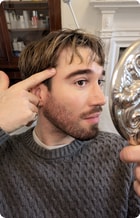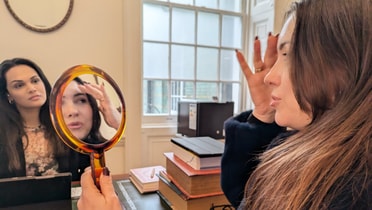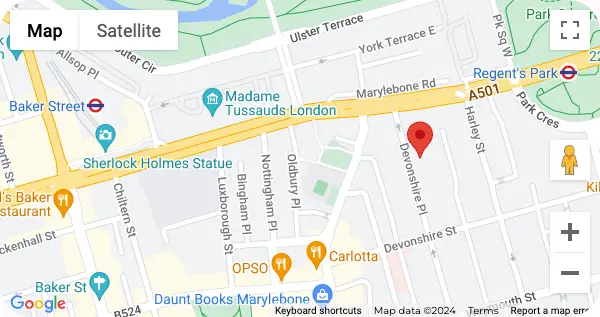Nutrient Deficiency
What is Zinc deficiency?
Zinc deficiency is more common than most people might realize, and it means your body does not have the necessary amount of, or is not able to process, zinc.
Zinc may not receive as much attention as vitamins C and D, but it plays an extremely important role in maintaining optimal health, especially when it comes to the health of your skin. When you don’t get enough from many foods you eat, it can start to show in small ways at first with dry skin, slower healing or just feeling a little off. Despite its importance for health, a deficiency can cause more obvious issues, and your skin is often one of the first areas to experience symptoms of that deficiency.
How important is zinc?
Zinc is more important than just for your skin. It helps your body use more than 300 enzymes to accomplish important tasks. From immune protection to skin healing to hormone production to DNA synthesis, zinc is a part of it all.
When it comes to skin, it works to reduce redness, balance oil production, and repair tissue. If you’re struggling with stubborn breakouts, slow healing wounds or dry, scaly patches of skin, a zinc deficiency could be lurking in the background. Zinc also guards your skin from environmental damage and helps maintain skin disorders like eczema and rosacea in check.











